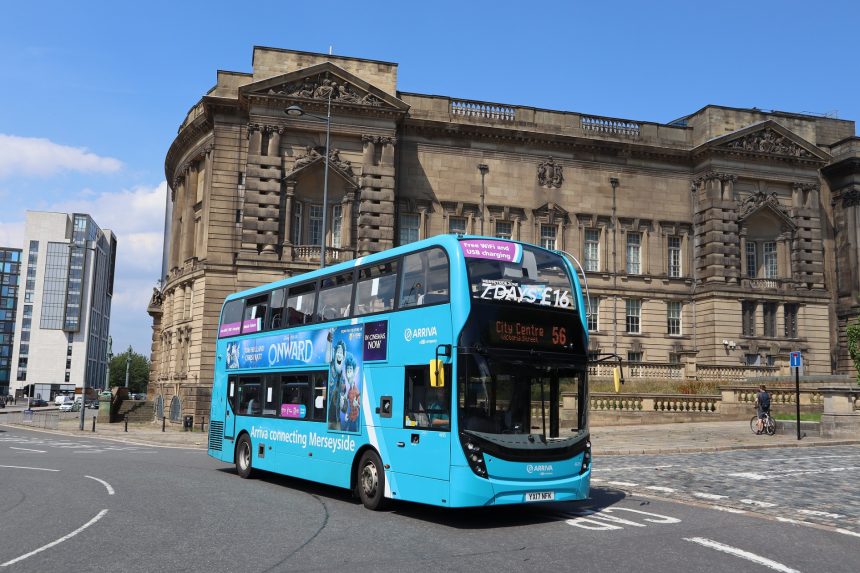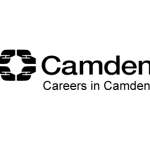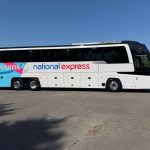Further devolution of Bus Service Operators Grant (BSOG) in England and a move away from the use of fuel consumption in calculating payments have both been trailed by the Department for Transport (DfT) as it looks to open its long-awaited consultation on reform of the funding stream “in the next few months.”
Those hints were shared by Co-Director, Local Transport, Stephen Fidler when addressing the Transport for the North (TfN) board on 20 March. While making no concrete commitments on what the BSOG consultation will contain, Mr Fidler says that there will be “a lot of interesting, key issues” within it.
On BSOG devolution, Mr Fidler notes that such an approach is already in place in some areas. During 2012, DfT considered devolving all BSOG funding in England to local transport authorities (LTAs), although it subsequently opted against what an impact assessment at the time called “wholesale untested changes to the subsidy regime.”
Devolution of BSOG was seen then as “a simple transfer from DfT.” Mr Fidler hints that the extent of further moves in that direction, and under what circumstances, is likely to be part of the overdue consultation.
Options on scope for BSOG in England to move away from using fuel as part of its workings could major on a move to using distance as the foundation – as is already the case for payments for zero-emission buses – or adoption of “different models,” he continues.
Specifics on that went undisclosed, but Mr Fidler highlights that BSOG has “differential impacts” on rural and urban bus services, suggesting that a demarcation between the two could form part of DfT thinking.
ENCTS changes explored during TfN meeting
Mr Fidler also addressed recent changes to the concessionary fare reimbursement guidance and calculator. That work is said by DfT as having been carried out to maintain the ‘no better off, no worse off’ position, and with support from evidence and analysis.
In some areas it is thought to have led to a significant increase in reimbursement costs, drawing concern from some LTAs around how these will be paid for, and the short notice with which the amended documents were published.
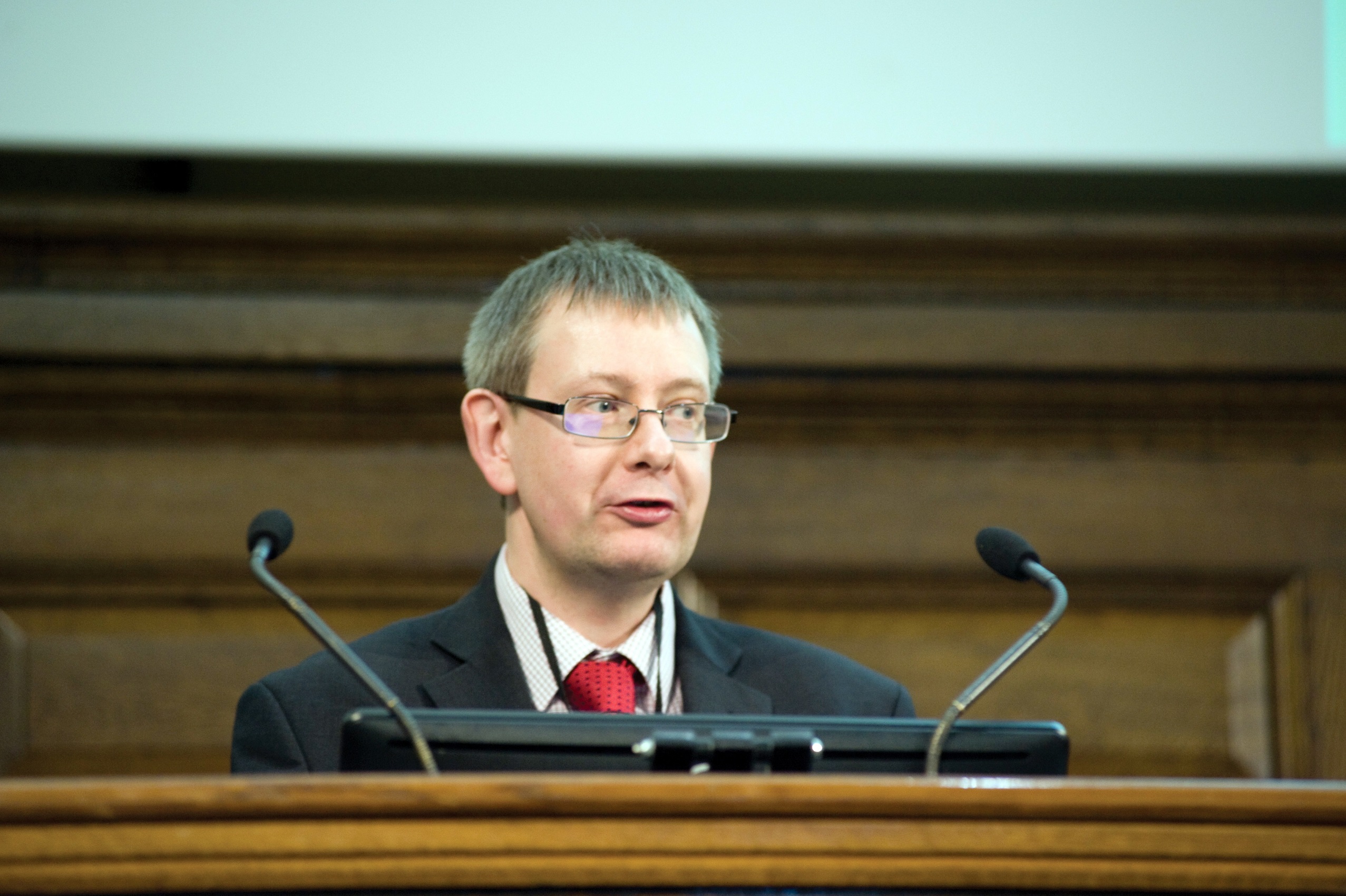
“I am conscious that there are some challenges for local authorities, but [the changes] reflect the real cost of concessionary patronage, and the real opportunity,” he says. DfT believes that across England, concessionary usage is currently between 60-65% of 2019 levels, with farepayers at 98% despite a broad service level provision of around 80%.
With that in mind, engagement work to bring concessionary passholders back to bus is underway. DfT recognises that success there would deliver benefits to wider social care bills and other statutory local authority duties, along with assisting town centres.
Burnham: ‘Can you afford not to franchise buses?’
As would be expected at TfN, franchising also featured in discussions. Mr Fidler highlighted a then-pending update to guidance on that work. He says that it includes the “helpful” contributions DfT has received from Greater Manchester and the Liverpool City Region around what could be clearer and what could make the process easier within the current legislation.
Mayor of Greater Manchester Andy Burnham is a member of the TfN board. Perhaps surprisingly, he has applauded Mr Fidler and DfT for the work that they have done on franchising, and reaffirmed a previous offer to share learnings from Transport for Greater Manchester with other LTAs that are considering embarking on reregulation.
“People say: ‘Can we afford franchising?’ We hear that a lot when they get in touch with us,” observes Mr Burnham. “I would put it another way: Can you afford not to? The evidence from Greater Manchester is that franchised services are coming in at a third cheaper than the older tendered contracts that we used to have to issue.”
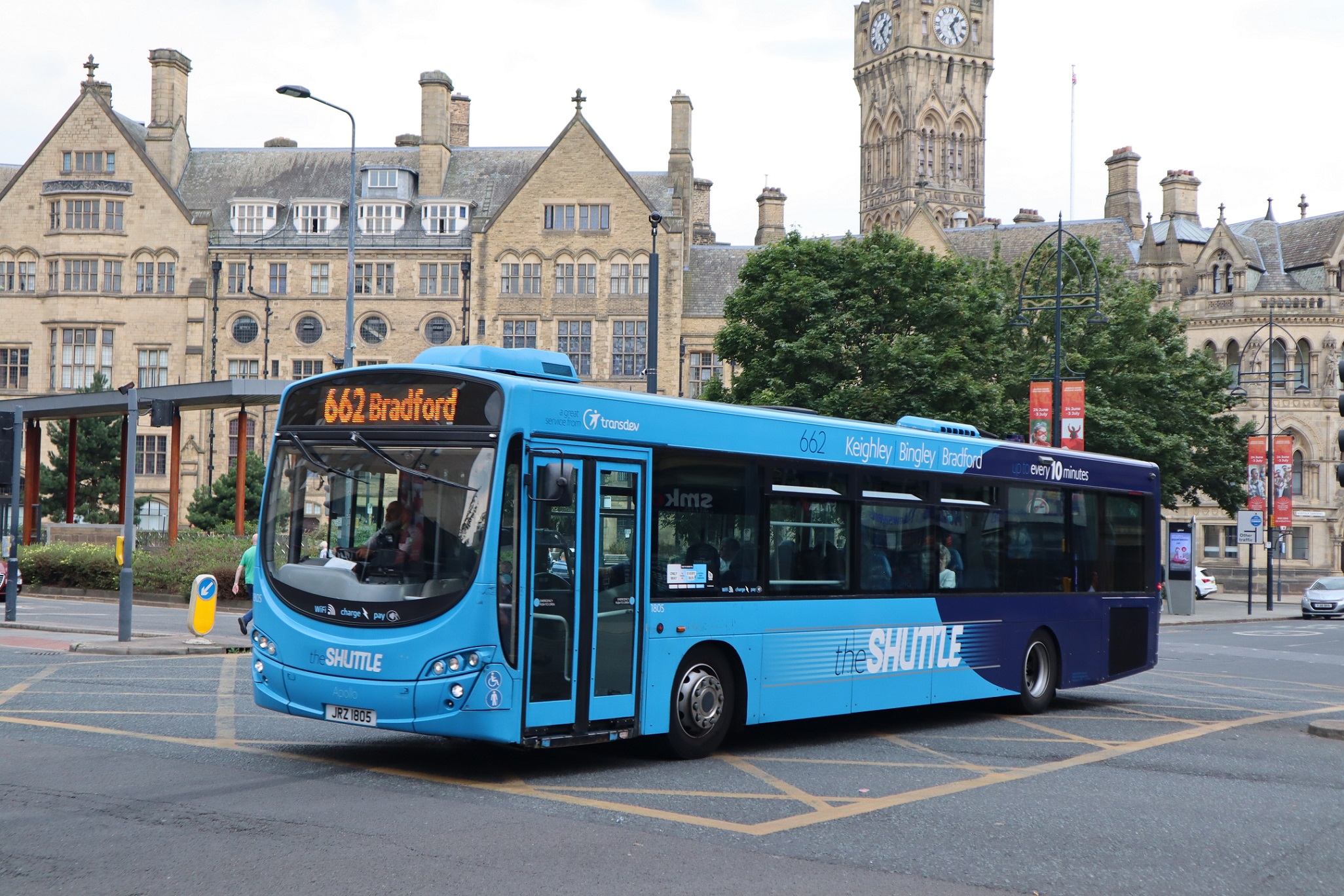
Mr Burnham adds that under a deregulated approach, bus operators can leave LTAs “on the back foot” when threatening to withdraw commercial services. “Public money is not well used in a deregulated context,” he continues.
Nevertheless, Mr Burnham says that the current approach to franchising via the Bus Services Act “is a little bureaucratic” and “too open to legal challenge,” as was the case in Greater Manchester. That aside, he has called for all 21 LTAs that are represented on the TfN board to be allowed to franchise in their respective areas.
Industry to be careful what it wishes for?
Key to franchising is long-term funding certainty, Mr Burnham says. He commends City Region Sustainable Transport Settlement allocation policy for delivering that and describes the mechanism as “enormously valuable” in lengthening the planning horizon. At the same time, Mr Burnham has added his weight to calls for competitive funding pots for transport to be removed and instead become sustained capital and revenue streams.
The bus industry has long advocated such an approach, but Mr Burnham’s words suggest that should it arrive under the next government, momentum behind franchising in England from non-Combined Authorities could accelerate rapidly.
Among those represented on the TfN board is Cheshire East Council. Deputy Leader Cllr Craig Browne says that the largely rural authority looks at Greater Manchester “to see what is happening there,” and notes that franchising “in a way that works” could be something later explored by Cheshire East and surrounding LTAs.





















